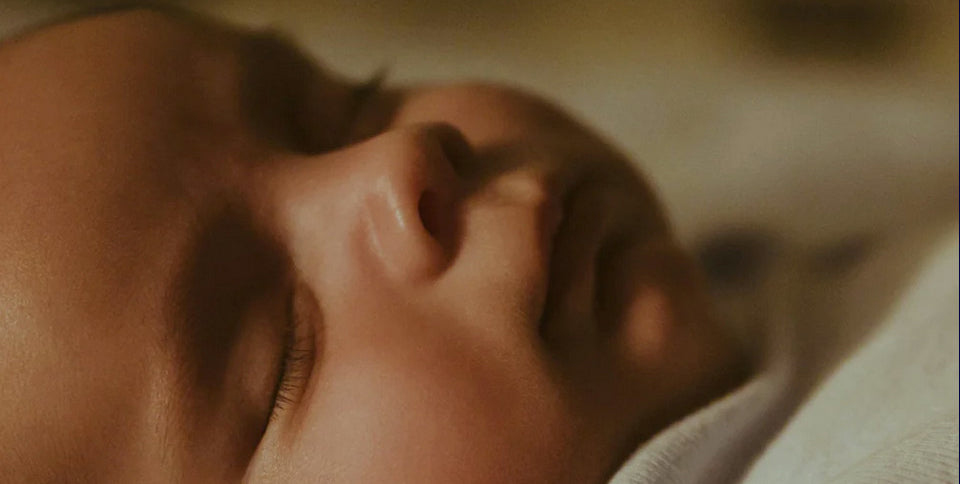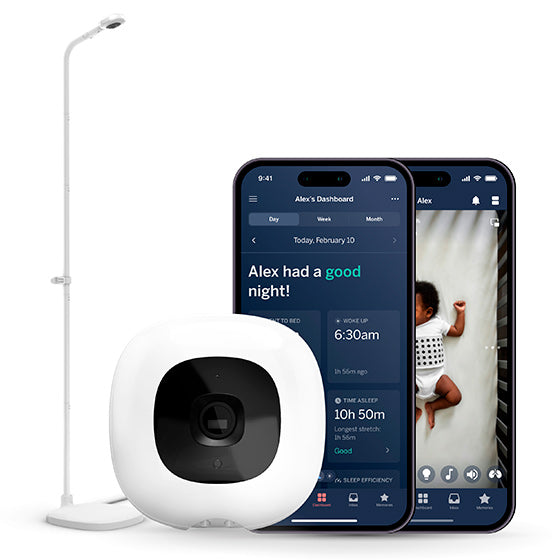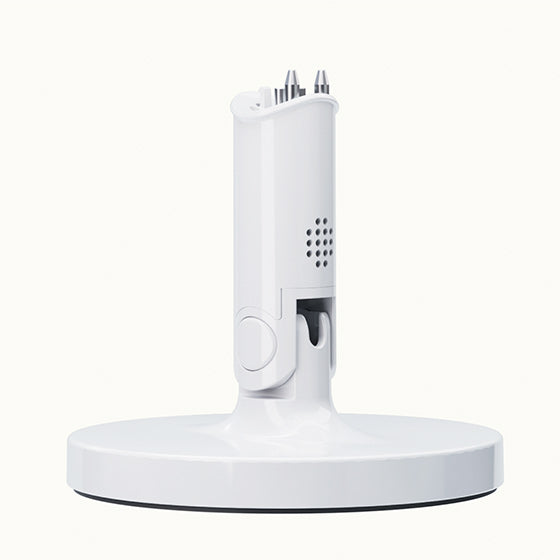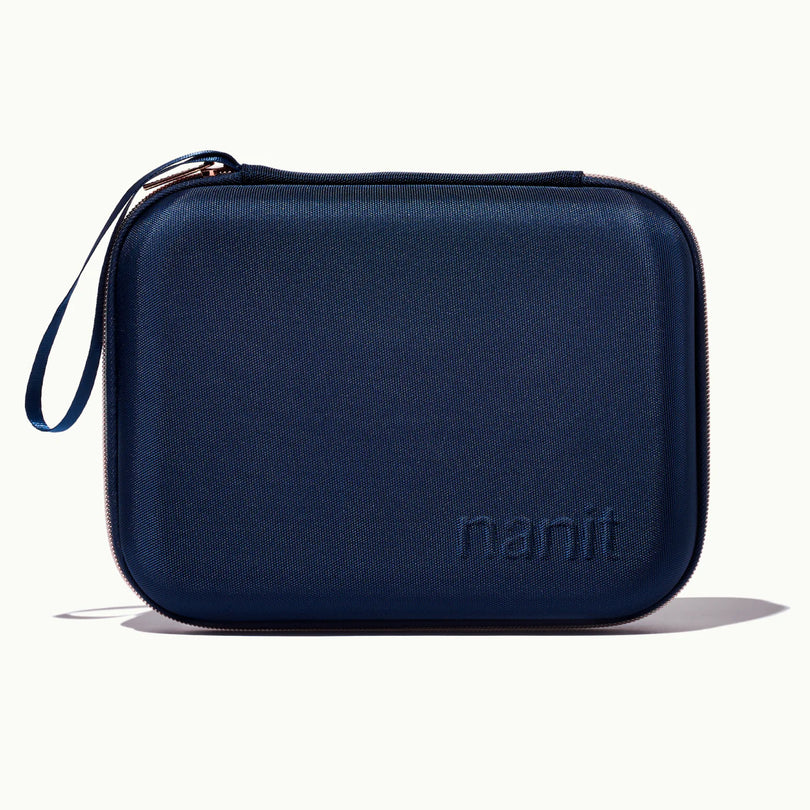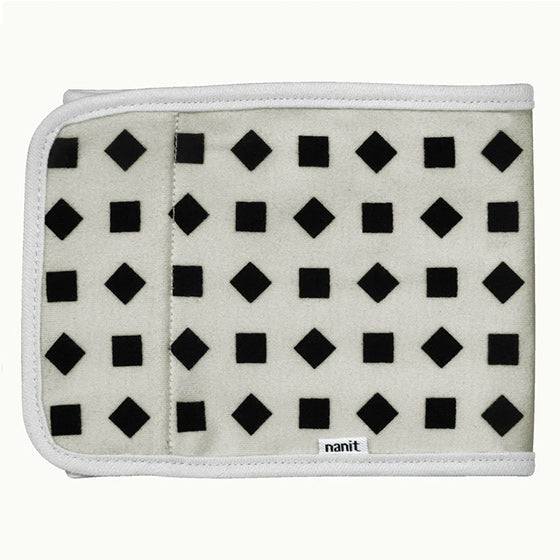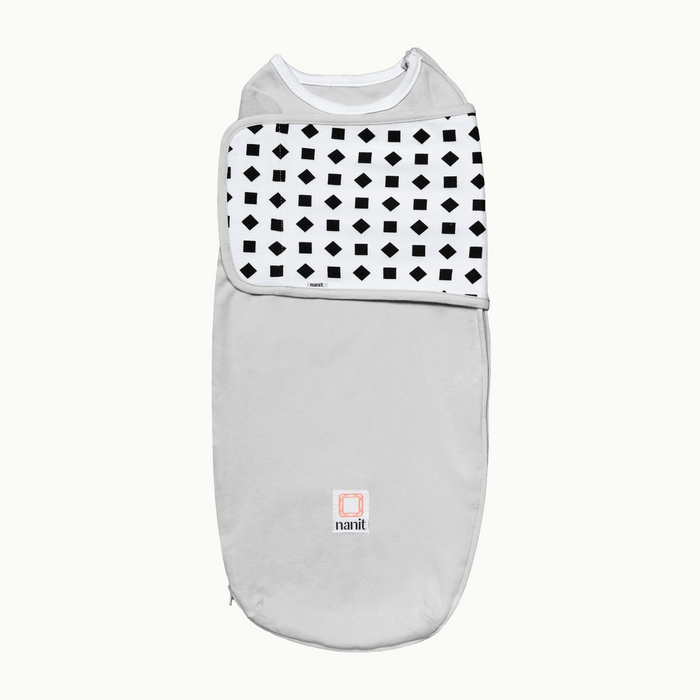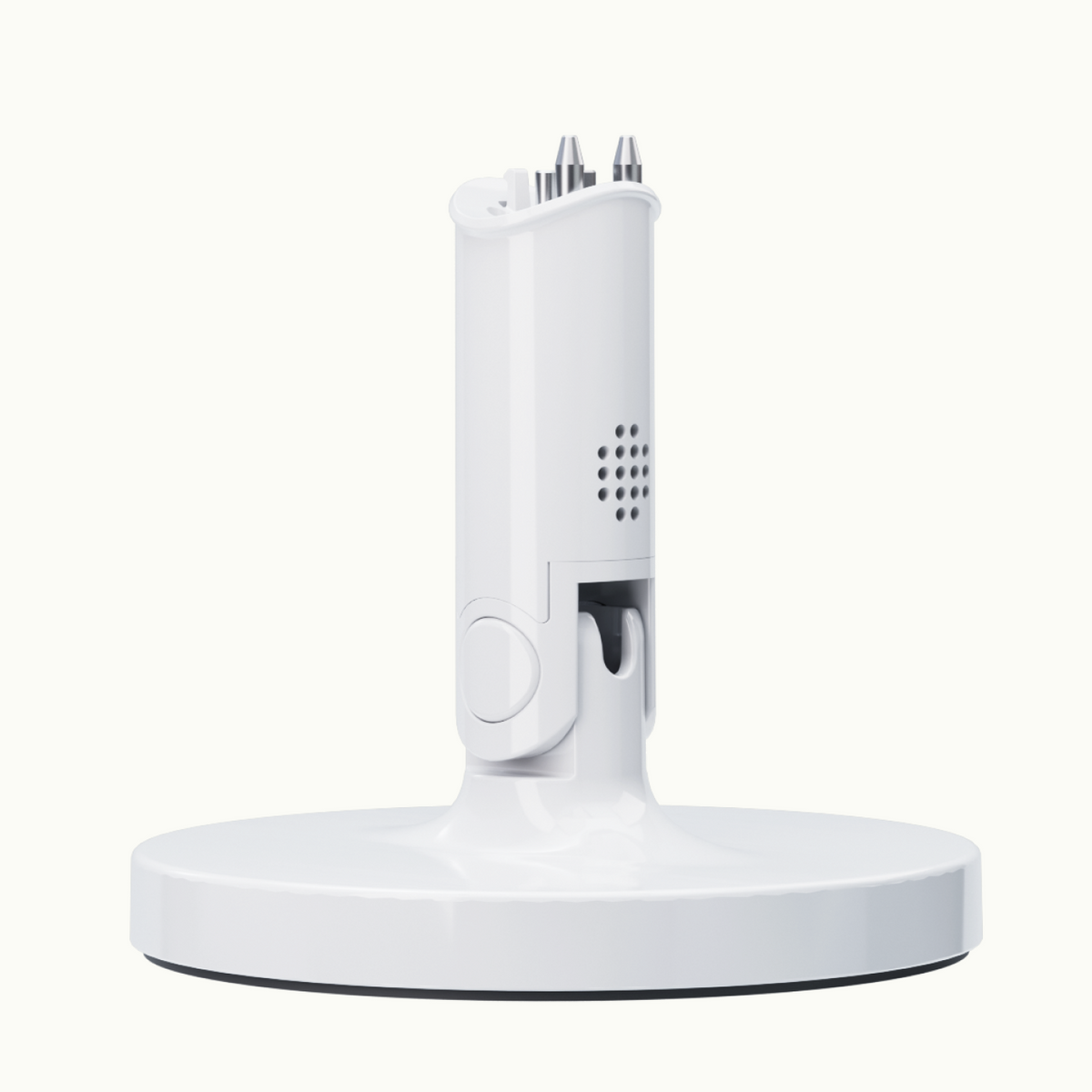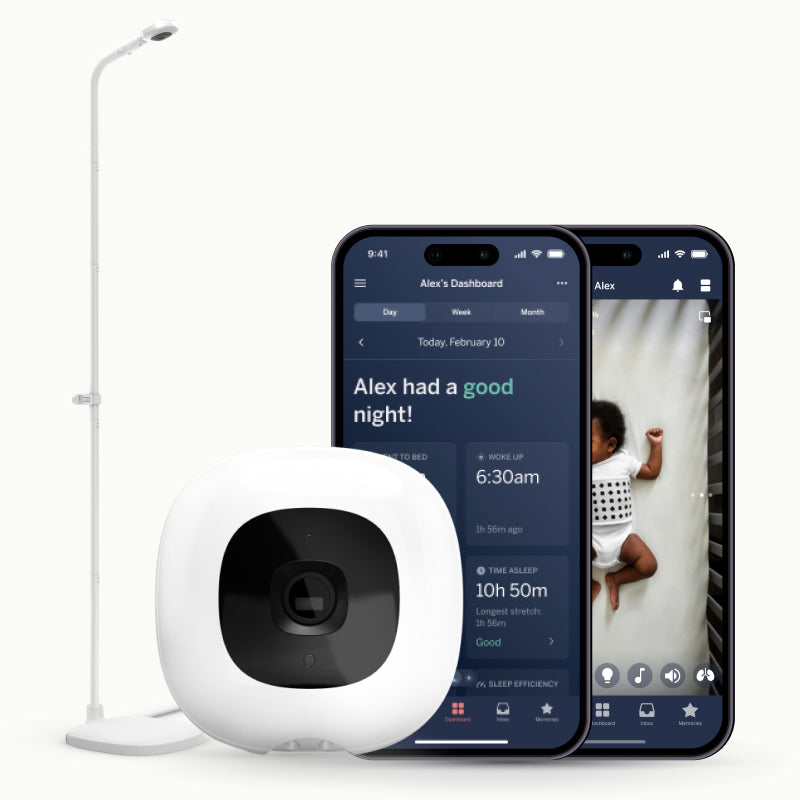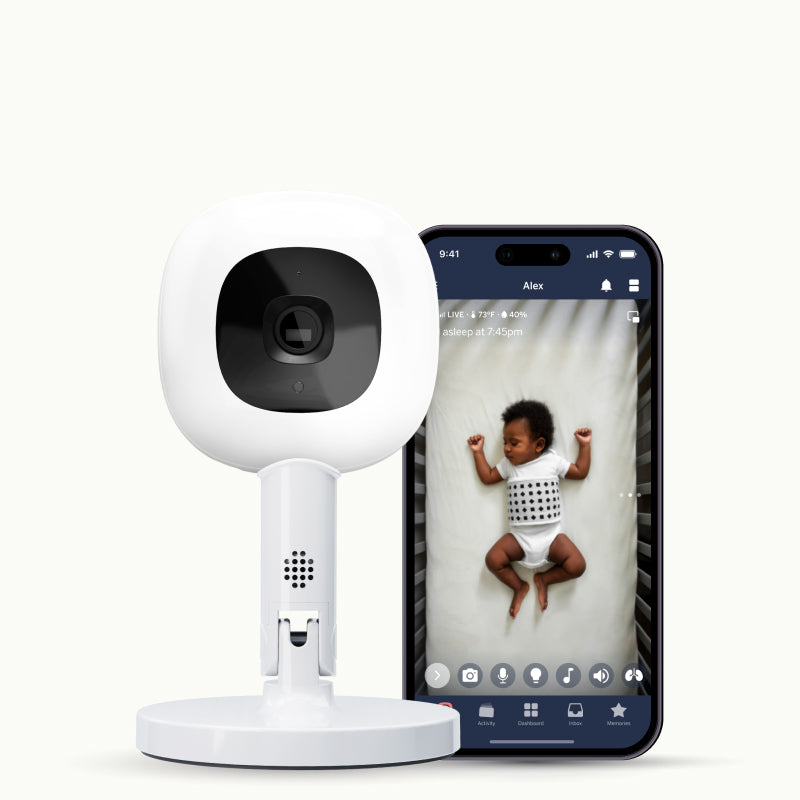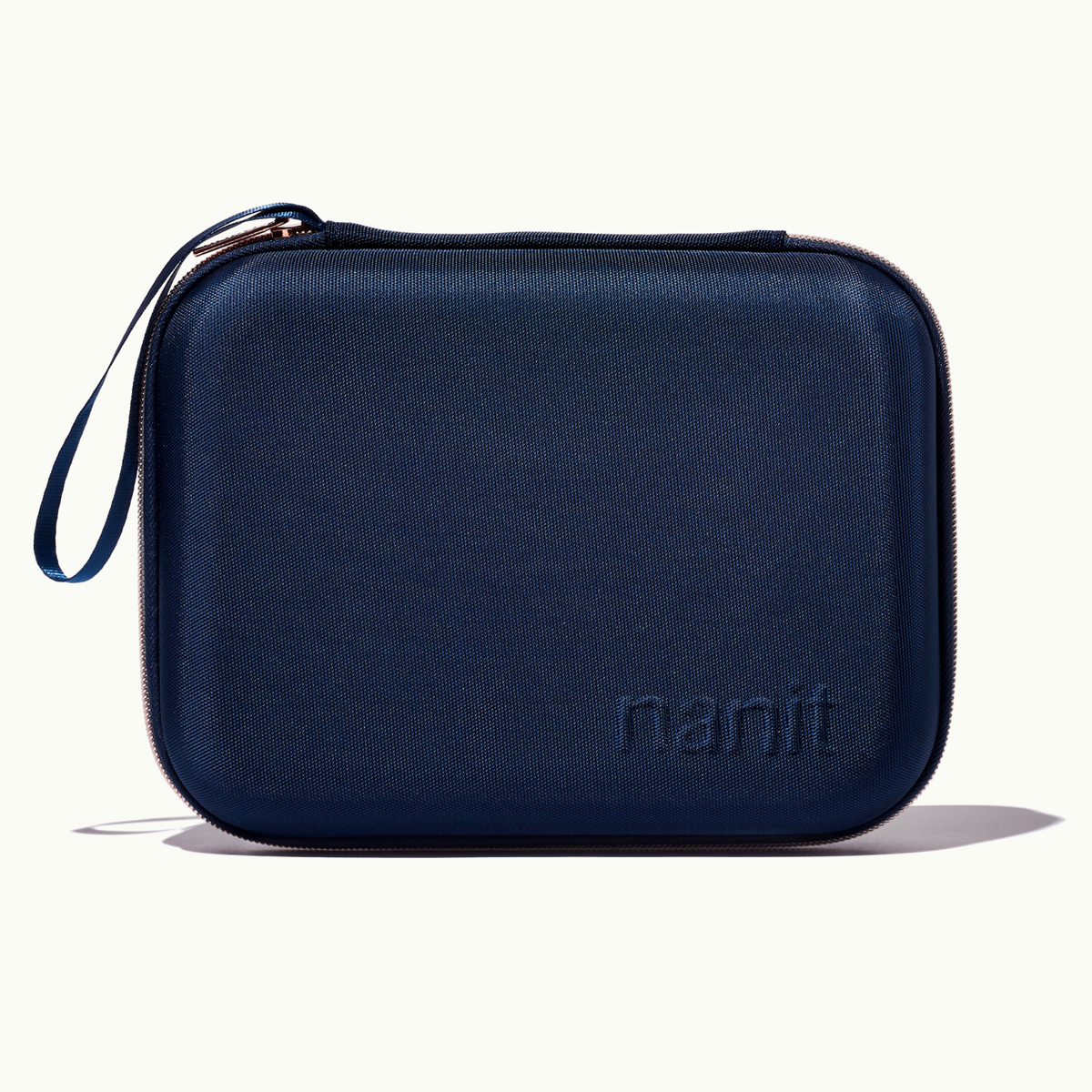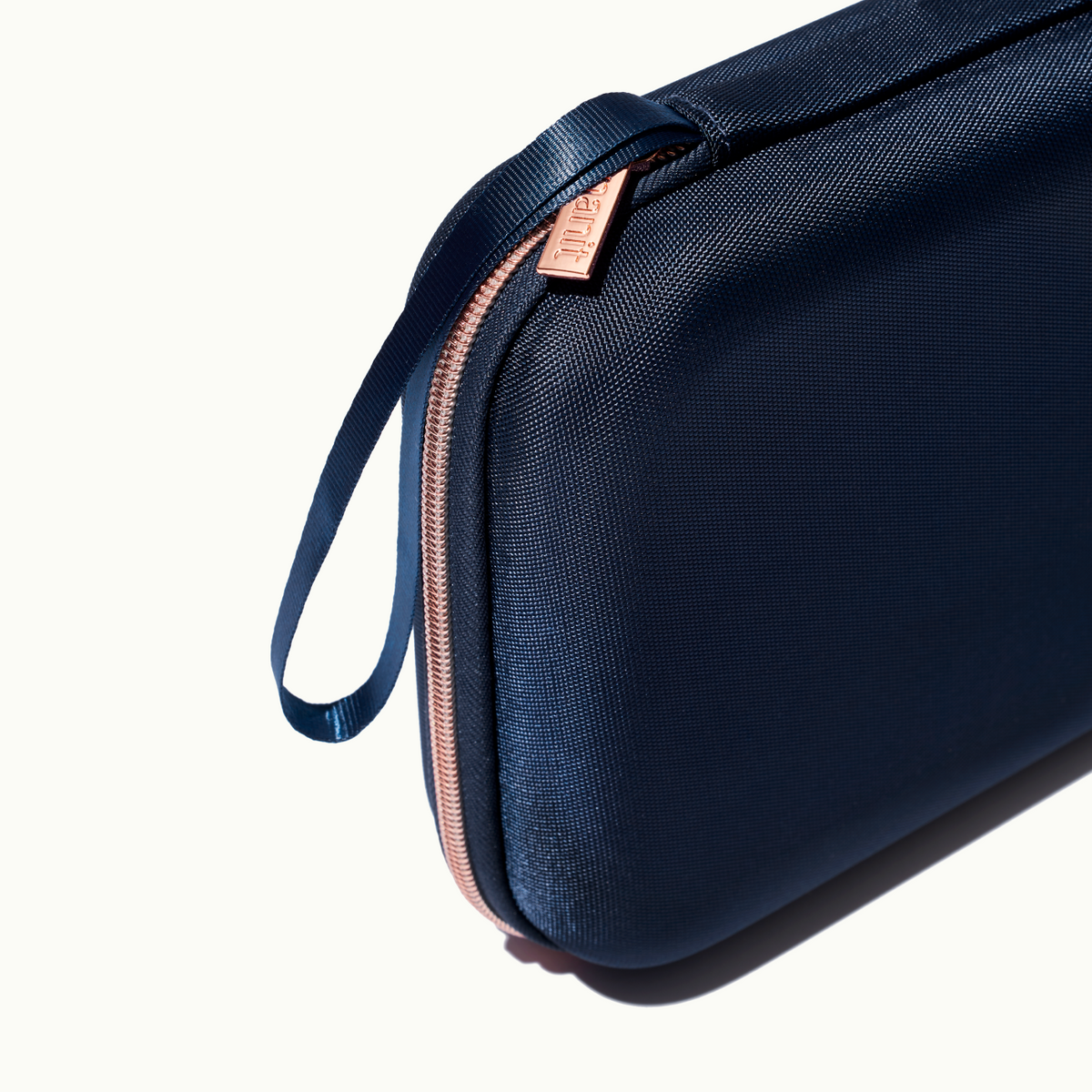Michal Kahn, Natalie Barnett, Assaf Glazer, Michael Gradisar
Abstract
Objectives
This study longitudinally compared the sleep of infants in the United States whose mothers were in home confinement to those whose mothers were working as usual throughout the COVID-19 pandemic.
Methods
Mothers of 572 infants (46% girls) aged 1-12 months (M = 5.9, standard deviation = 2.9) participated. Assessments were conducted on 4 occasions from late March to May 2020. Infant sleep was measured objectively using auto-videosomnography. Mothers reported their sheltering status, demographic characteristics, and infant sleep.
Results
Infants of mothers in home confinement had later sleep offset times and longer nighttime sleep durations, compared to infants of mothers who were working as usual. At the end of March, these infants also had earlier bedtimes, more nighttime awakenings, and more parental nighttime visits, but differences were not apparent during April and May.
Conclusions
Living restrictions issued in the United States may have led to longer sleep durations and temporary delays in sleep consolidation for infants of mothers in home confinement.
Keywords
About the Researchers
The researchers included Michal Kahn, Natalie Barnett, Assaf Glazer, and Michael Gradisar

- Dr. Michal Kahn is a sleep researcher and licensed clinical psychologist, specializing in pediatric insomnia and sleep development. She is a senior lecturer (assistant professor) at the School of Psychological Sciences at Tel Aviv University, Israel.
- Dr. Natalie Barnett serves as VP of Clinical Research at Nanit. Natalie initiated sleep research collaborations at Nanit and in her current role, Natalie oversees collaborations with researchers at hospitals and universities around the world who use the Nanit camera to better understand pediatric sleep and leads the internal sleep and development research programs at Nanit. Natalie holds a Ph.D. in Genetics from the University of New England in Australia and a Postgraduate Certificate in Pediatric Sleep Science from the University of Western Australia. Natalie was an Assistant Professor in the Neurogenetics Unit at NYU School of Medicine prior to joining Nanit. Natalie is also the voice of Nanit's science-backed, personalized sleep tips delivered to users throughout their baby's first few years.
- Dr. Michael Gradisar is a Professor and Director and Clinical Psychologist at the Child & Adolescent Sleep Clinic at WINK Sleep in Australia, and the Head of Sleep Science at Sleep Cycle in Sweden. Dr. Gradisar has specialized in the treatment of pediatric sleep problems since 2006. He has provided training to over 420 psychologists throughout Australia on the treatment of pediatric sleep disorders, and published several research studies evaluating the treatment of insomnia and circadian rhythm disorders in children, adolescents and adults. In all, Dr. Gradisar has over 100 publications in peer-reviewed journals, has authored several book chapters, and has presented on sleep-related research and intervention internationally.

